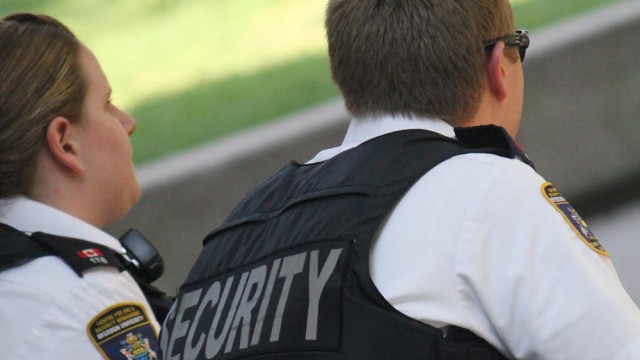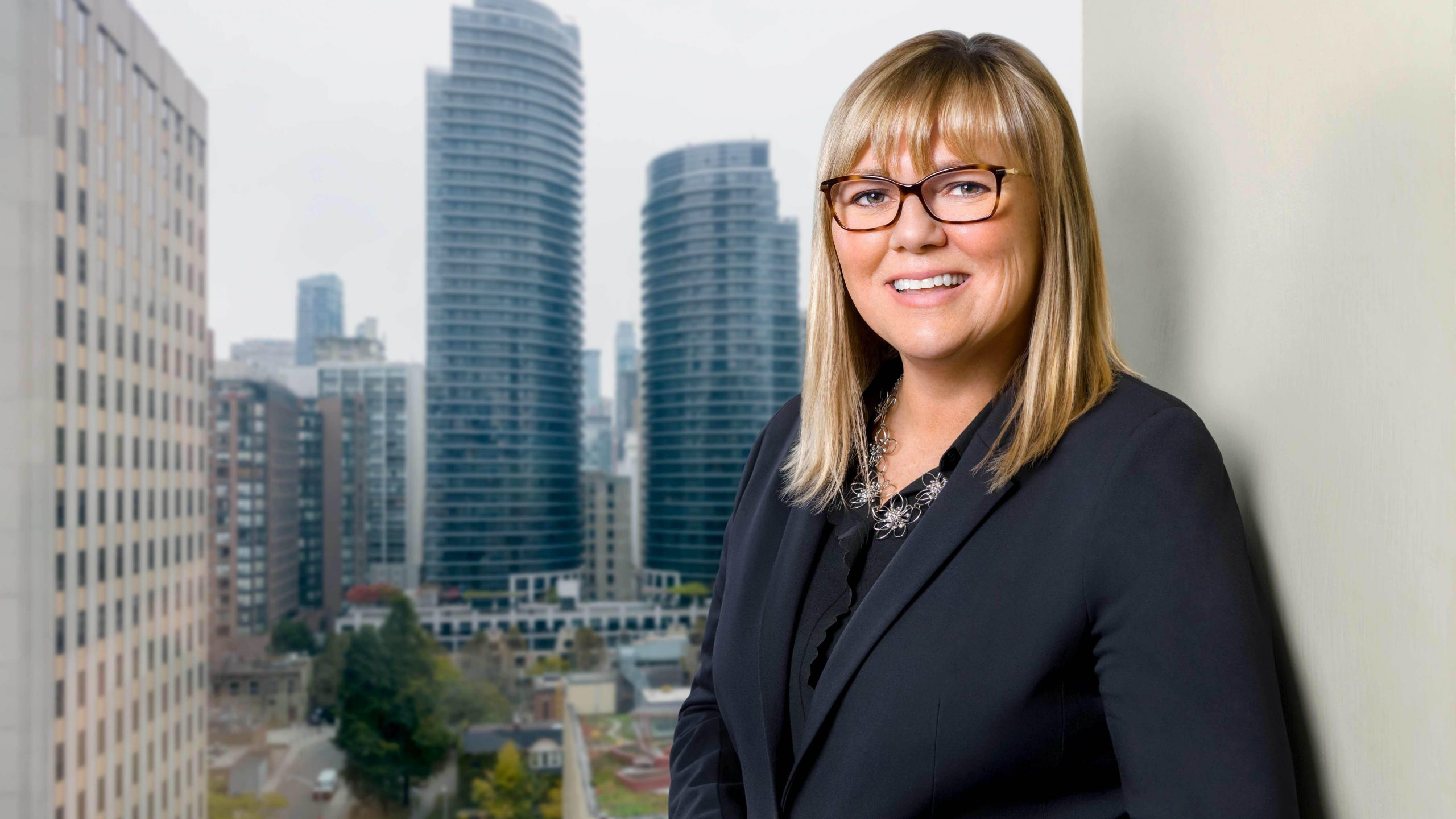By Michelle McNally
After nine months of temporary leadership at Integrated Risk Management (IRM), Ryerson University has secured a new, permanent security director.
Denise Campbell joins Ryerson as the official Executive Director of Community Safety, with 26 years of experience in campus security and policing. Campbell worked various positions for the Toronto Police before taking over as the manager of safety, security and risk at Cape Breton University in 2011.
Campbell officially started at Ryerson in late November. Her position was provisionally held by Tony Conte, who stepped in when the previous IRM director, Julia Lewis, retired in February 2017. Conte has since returned to his original position as the Executive Director of the Office of the Vice President, Administration and Operations.
The Eyeopener reached out to Campbell to find out what changes she’ll be making to security at Ryerson. She responded to questions via email.
You worked for the Toronto Police, then Cape Breton University. Why did you decide to come back to Toronto?
When we decided to move to Nova Scotia, CBU was searching for a manager of Safety, Security and Risk. I believed it was a natural transition given the skill set I had developed in my policing career. I really enjoyed my six years at Cape Breton University, but when the opportunity at Ryerson presented itself, I couldn’t resist. My parents and sisters live in Ontario and I was missing them. A visit once a year was not enough for me.
In your previous position at Cape Breton University, you had a role in forming the current sexual assault policy and emergency response training. What are your plans for implementing sexual assault training at Ryerson?
Cape Breton University is a small university with 3,000 full-time undergraduate students. Sexual violence training was facilitated by a clinical social worker and was complemented with a communication strategy targeting the entire campus community. The strategy included monthly topics; “how do we create a consent culture?”, Start Smart: speaking to first year students about consent, and support resources.
At Ryerson University, we have experts in the area of sexual violence support and education who are already making a positive impact. The Office of Sexual Violence Support and Education and the Director of Human Rights have offered to provide training to campus security to insure they respond appropriately to reports of sexual violence. Campus Security’s priority is to ensure the safety of the survivor and provide them with options for support.

Ryerson security staff. Photo: Charles Vanegas
You said in a recent Ryerson Today article that you want “a holistic approach to campus safety” and that “everyone must play a role in keeping the campus community safe.” How do you plan to encourage staff and students to contribute campus security?
It is everyone’s responsibility to take a part in keeping the campus safe and this starts from the ground up. We encourage members of the Ryerson community to report to campus security any thefts, vandalism, and disorderly conduct so that these behaviours can be addressed in a timely manner. The campus community will start seeing more campus security members out in the community engaging with people in a proactive manner in an effort to create a safe environment for everyone to learn, work, live and play.
Does this mean that you’re hiring additional security staff, or just increasing their presence?
Both. Community safety is paramount, and our current model of staffing is finding it challenging to meet the needs of the Ryerson community. So, hiring additional security is something we are exploring.
Why is there a high turnover of staff on the security team? What improvements will you make to ensure that staff stay?
Ryerson Community Safety and Security have experienced a high volume of voluntary resignations. There are a variety of reasons why staff resign; whether the person finds a higher paying job elsewhere or they have found a job more suitable to their skill set. We are exploring different ideas to encourage security personnel to stay with Ryerson.
We receive security email updates, but not all incidents that happen on campus are made into public reports. What will you do to provide greater transparency to security incidents on campus?
Transparency is essential when reporting incidents that affect public safety. I will ensure moving forward that any incident reported to campus security that may impact the safety of the Ryerson community will be shared.
In your opinion, what are the challenges unique to Ryerson, being an urban campus?
Our downtown location presents a variety of many unique challenges— we don’t have the fixed borders that many institutions have. That said, I see these challenges as opportunities for developing greater community engagement.
What would you like staff and students to know about their new security director?
That I feel at home at Ryerson. The Ryerson community is very welcoming and supportive, which has made the transition an easy one. I am a loyal fan of the Ryerson Rams Varsity Girls Basketball team. I try not to miss a home game and I watch away games on OUA.tv.










Leave a Reply